
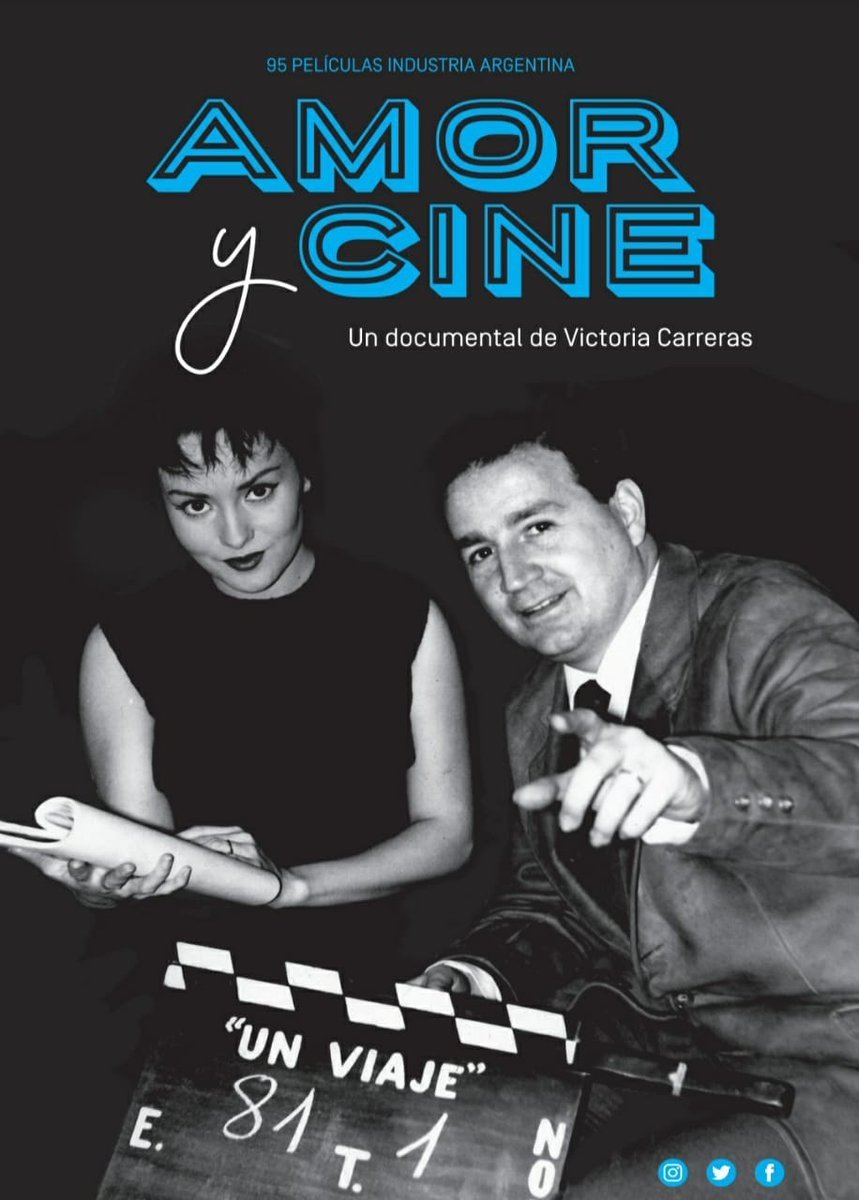
An exercise of memory about the work of Enrique Carreras, the Argentine director of ninety-five films, which explores the relationship he had with his collaborators, producers and critics, in search of an answer to the question that continues to be asked throughout time—how was he able to shoot almost a hundred films that were box-office successes and a great source of employment? Beyond the sentimental and emotional value of Carreras’ films in the collective imagination, said productions are documents that explain certain processes of social transformation and behavioral patterns, a reflection of different decades, with their own social and political circumstances.
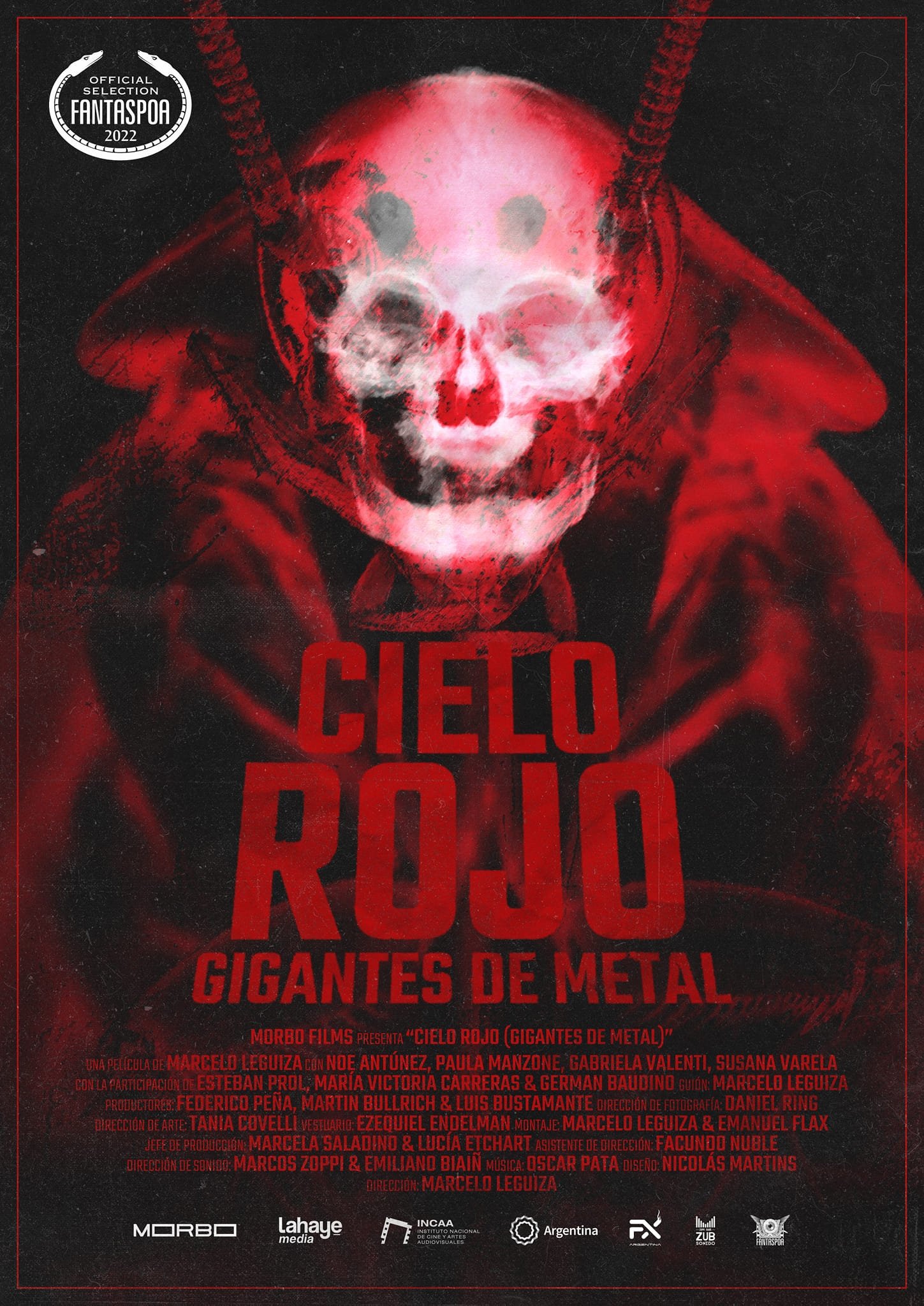
Bianca an emotionally unstable office worker is asked by a mysterious client to deliver documents insisting she must deliver them herself in person. On her arrival Bianca is kidnapped. Her captor, leader of a cult, drugs Bianca whilst tormenting her with continuous relentless indoctrination, forcing Bianca her to question the veracity of her memories, even those most life forming, as a victim of child abuse.
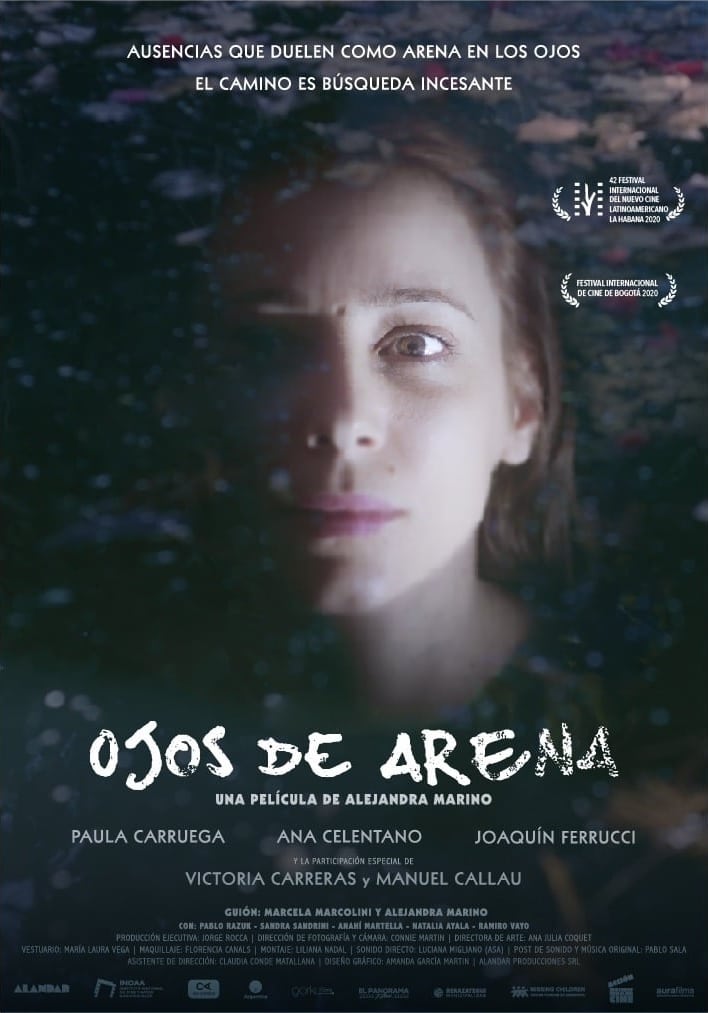
Clara, a psychologist, and her husband Gustavo have been separated since the disappearance of their son, Lucas. A year after Lucas' disappearance, Gustavo finds on Facebook information about a girl, Augustina, who went missing just two days after Lucas. The broken couple go Augustina's parents in an attempt to find clues about their sons disappearance.
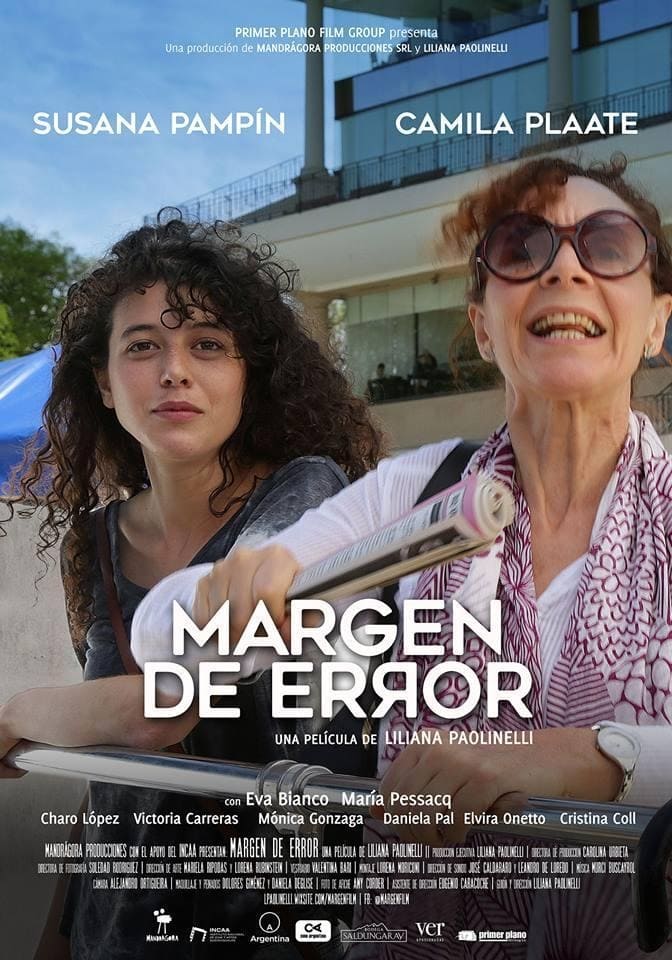
Iris' quiet and peaceful life begins to change dramatically when she hosts Maia, her friend's daughter. When Iris realizes that Maia is in love with an older woman, she begins to wonder if she herself might be that woman.

After receiving bad news, Natalia, a young novice, returns home, where her sister Ángela asks her to travel with her and her friends to a mysterious place.
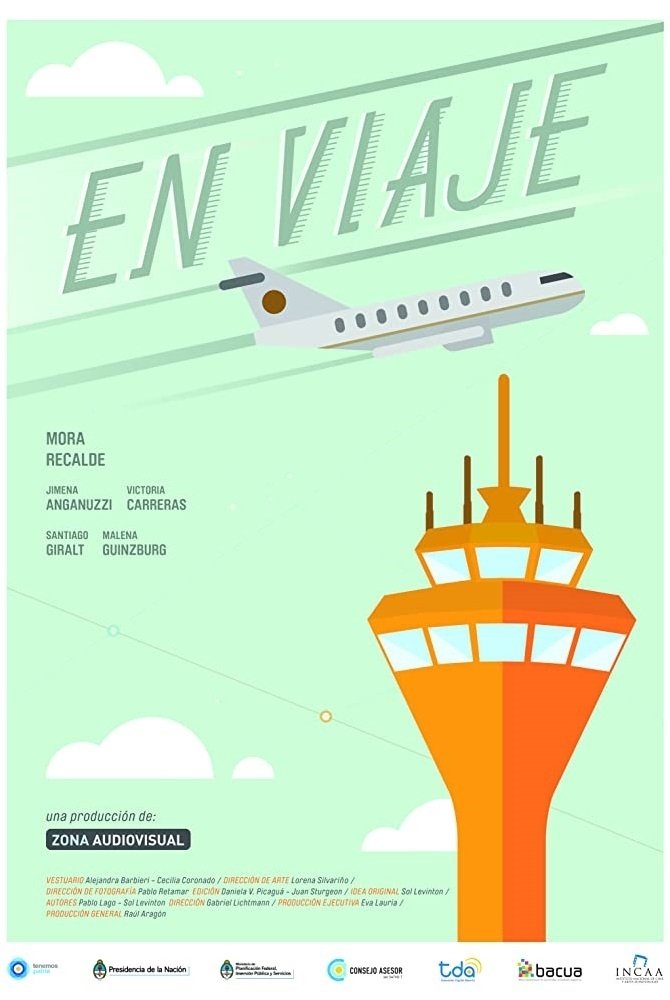

A touching tribute to a fundamental figure of the Argentine show, which shows “Tita” in the intimacy of the Carreras family and at the same time, on stage in her last show.
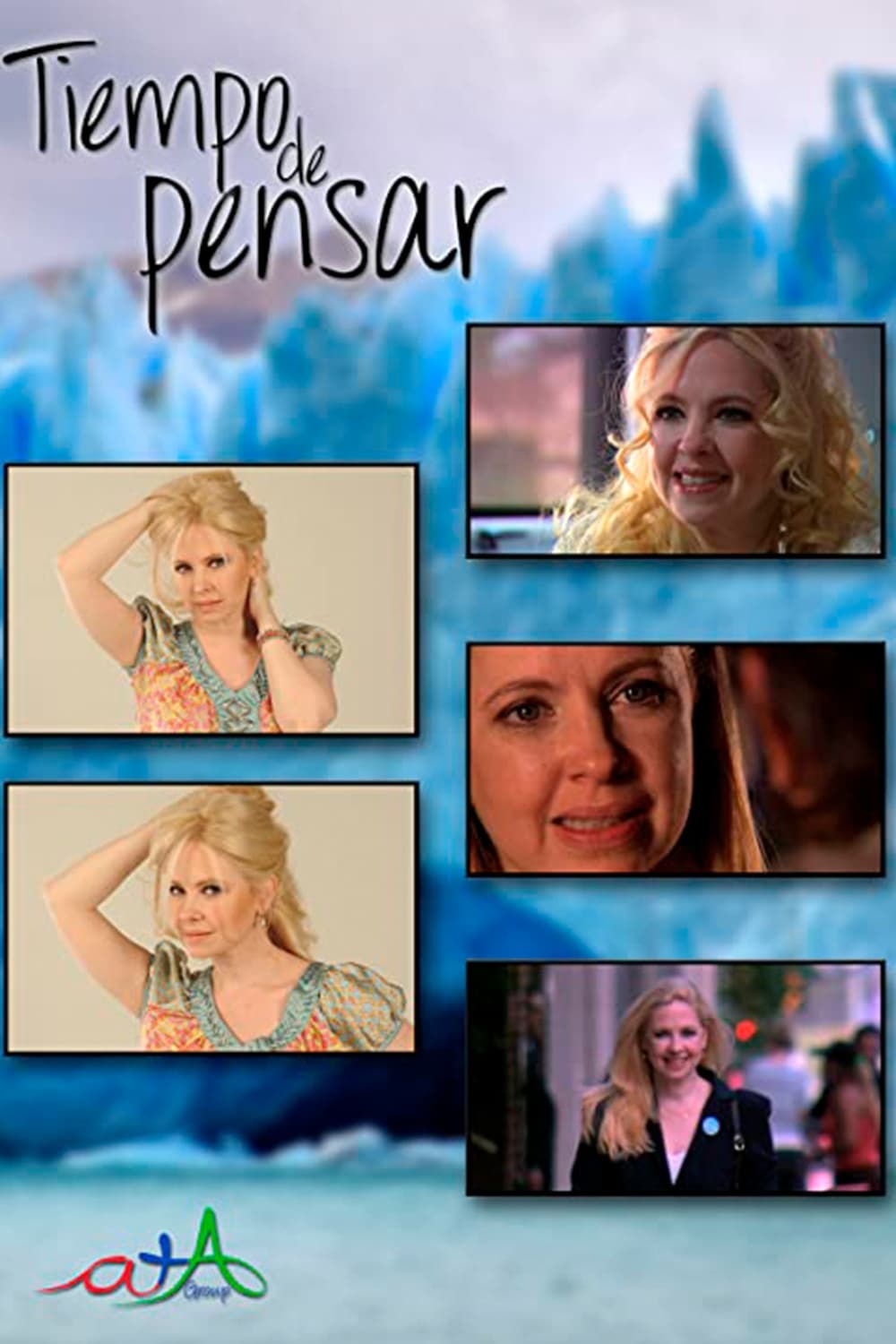
Time to Think proposes to address the problem of gender violence, questioning stereotypes and the ways in which women are represented in the media. Each episode poses a conflict that runs through the daily life of a woman and her environment. With a mixture of drama, romantic comedy, and humor, it addresses a socio-emotional conflict that runs through a woman's life, faced with situations that intersect opposite feelings.
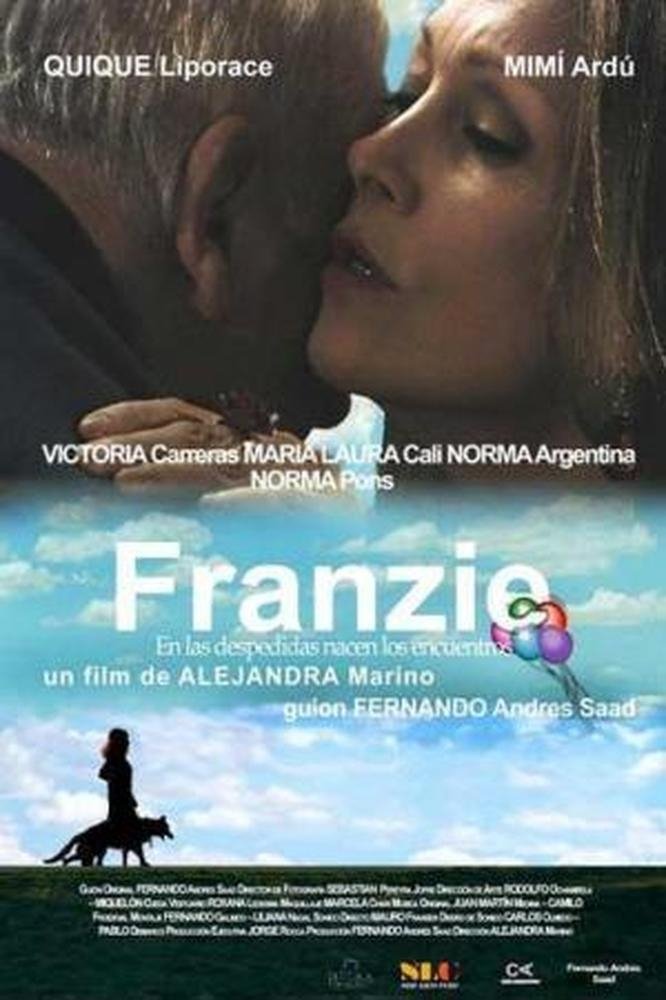
Franzie is a beautiful lonely woman who hold a secret - she has little time left in her life. Emanuel is a failed writer who just lost his job as an editor for self-help books. Franzie makes an unusual proposal: she will pay Emanuel in exchange for his companionship. Emanuel accepts in order to pay for his pregnant girlfriend. Emanuel mus resist temptation when Franzie reveals her secret.

Eva and Lola are close friends. While Eva tries to cope with her past creating a fantasy life, Lola does not want to handle with the truth of her real identity. Two friends with different views of the same story.
Victoria Carreras (Argentina) is the director of the trilogy made up of Amor y cine, Merello x Carreras and Hijas de la comedia. She premiered around forty plays and acted in seventeen films. She is a member of the Woman and Film Association and the Argentine Film Academy.
By browsing this website, you accept our cookies policy.